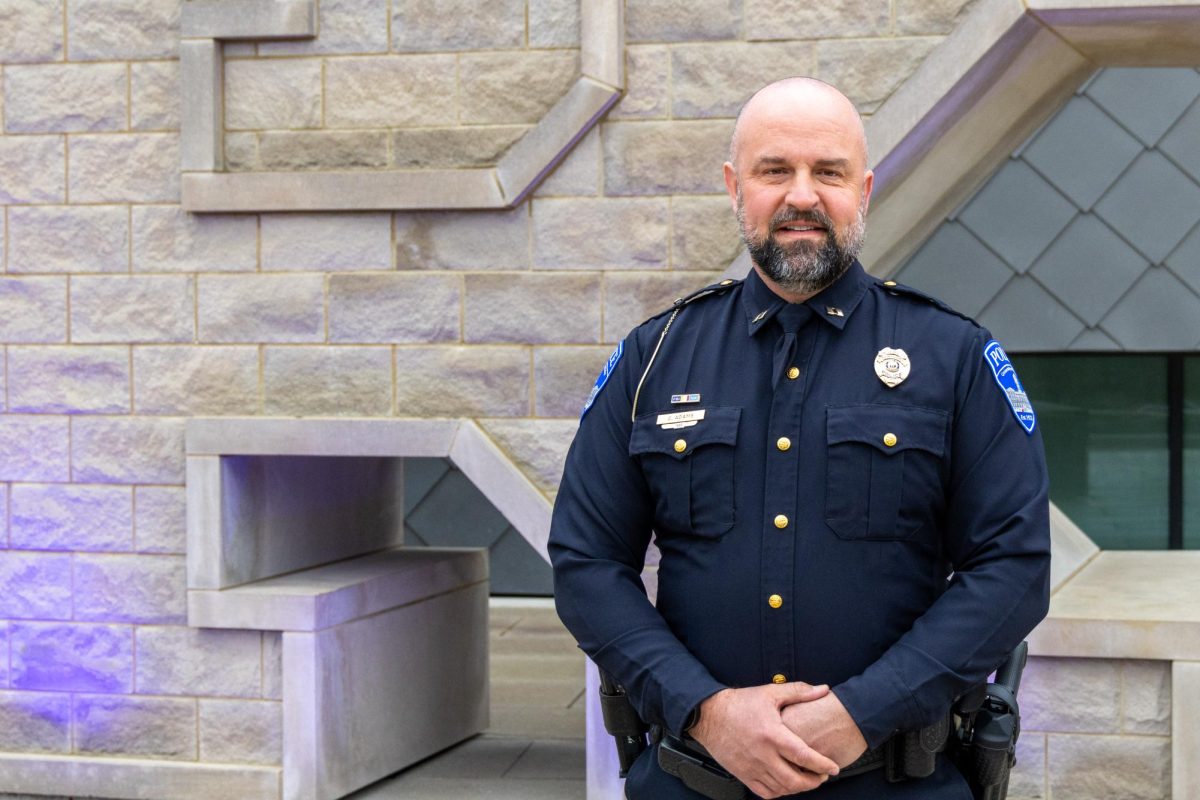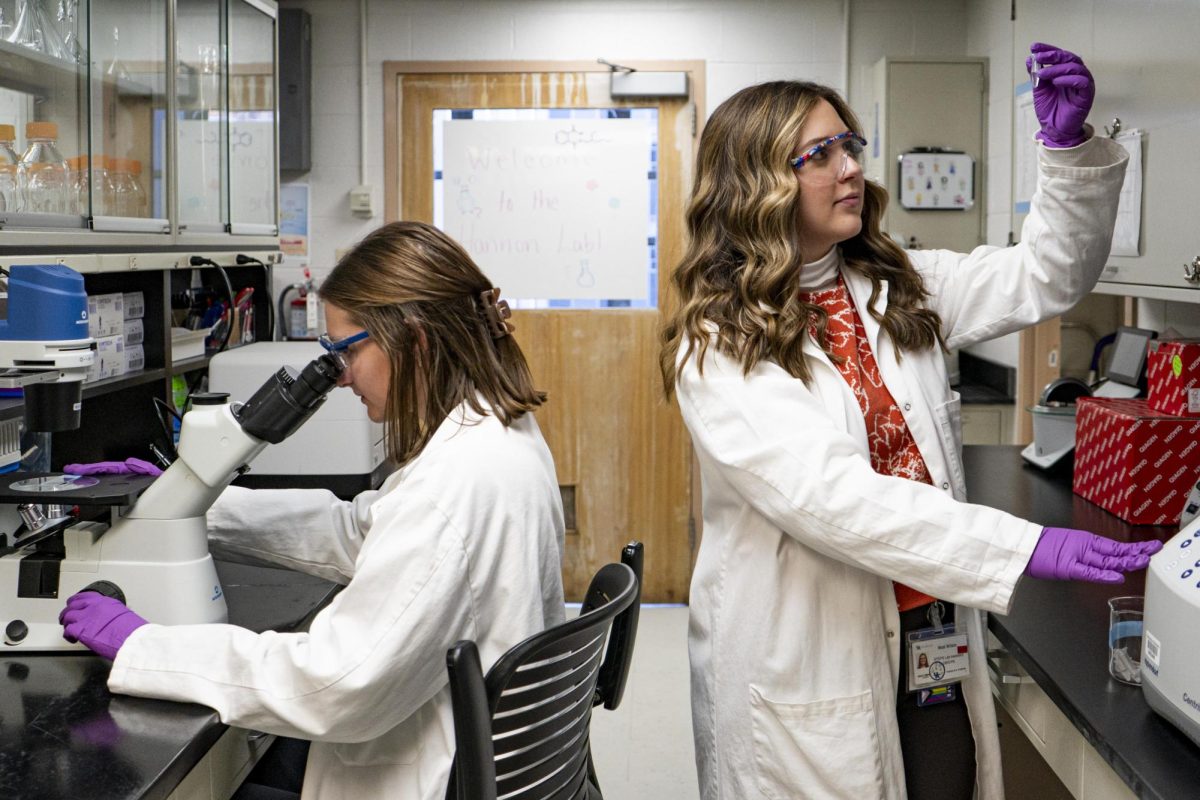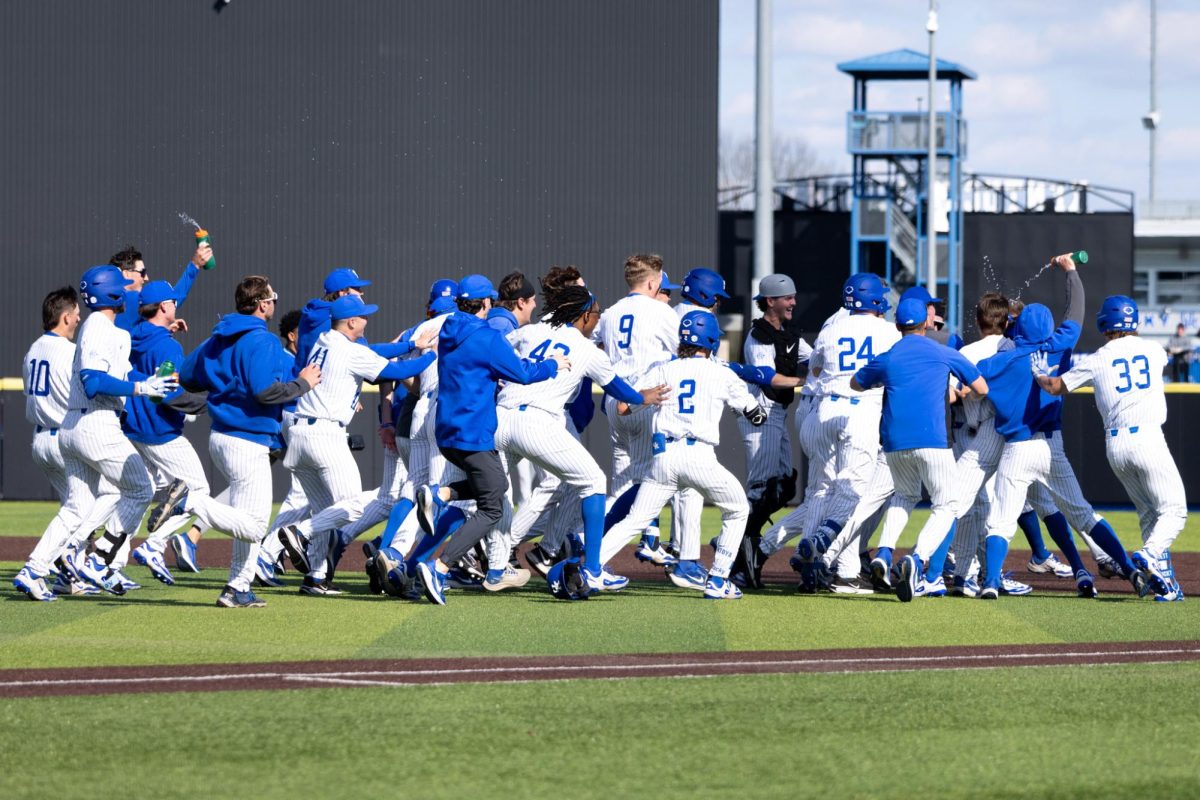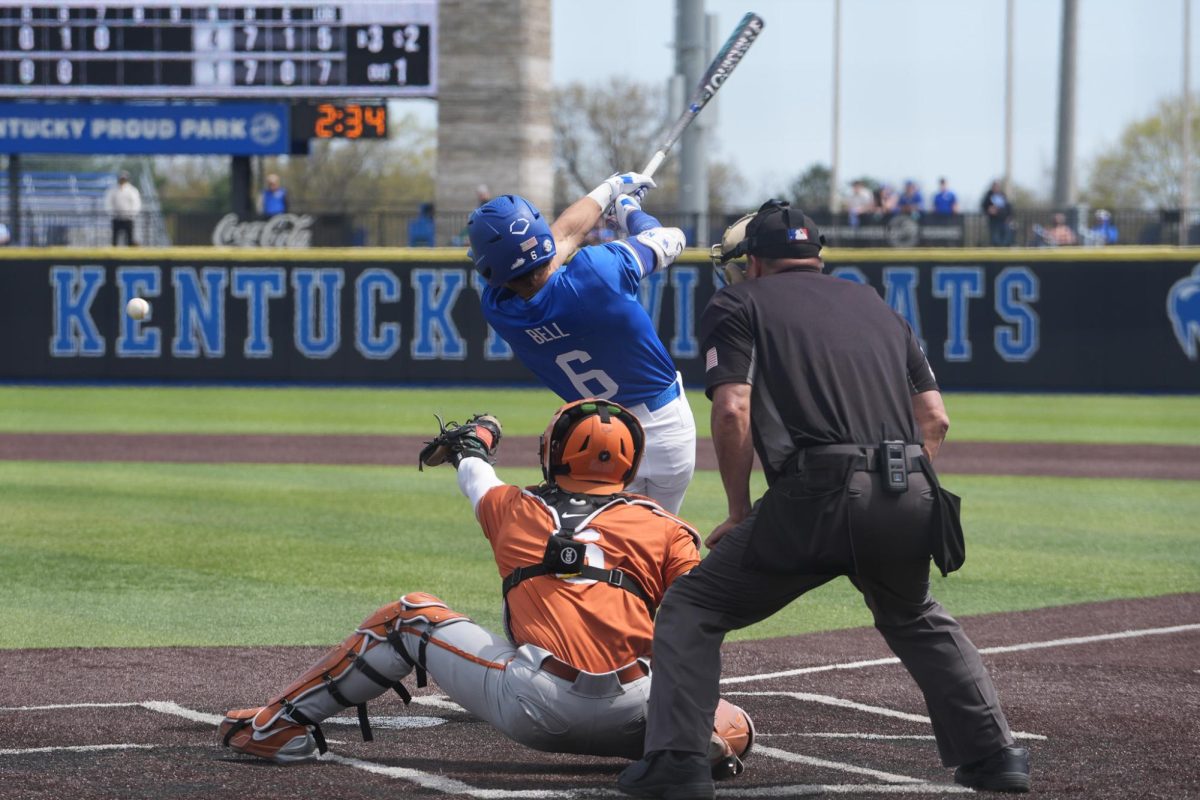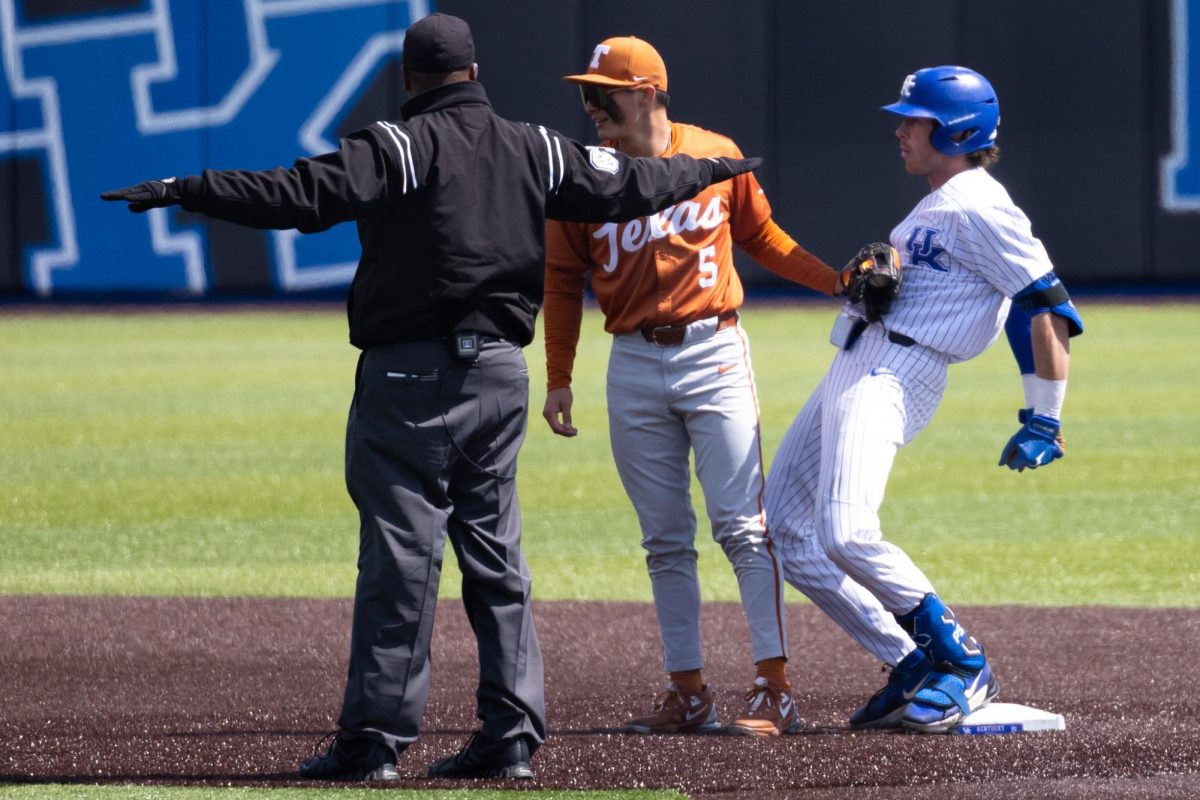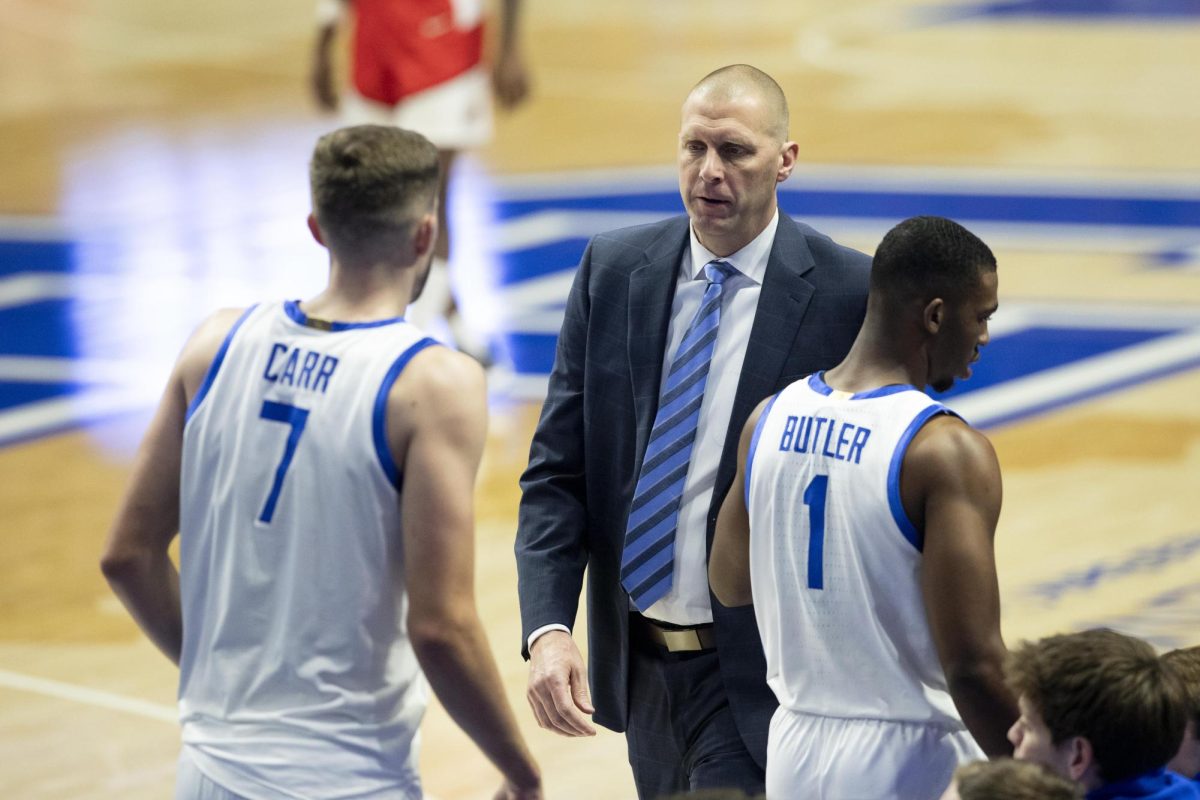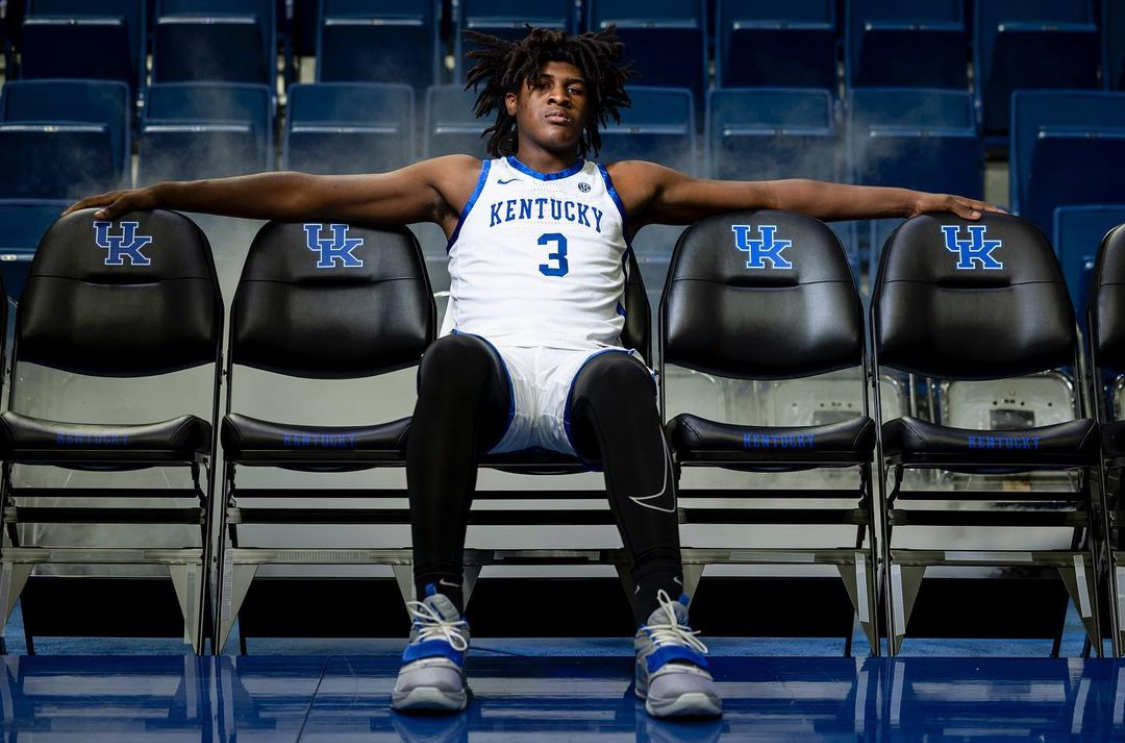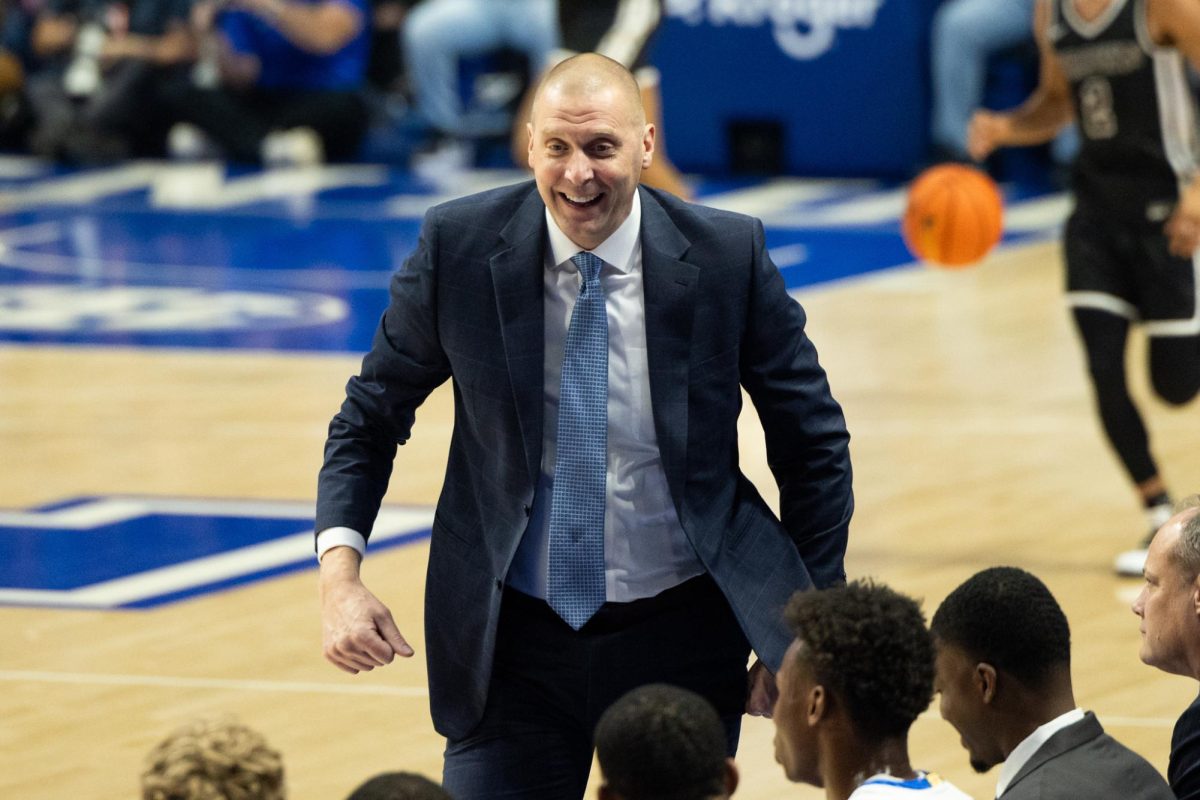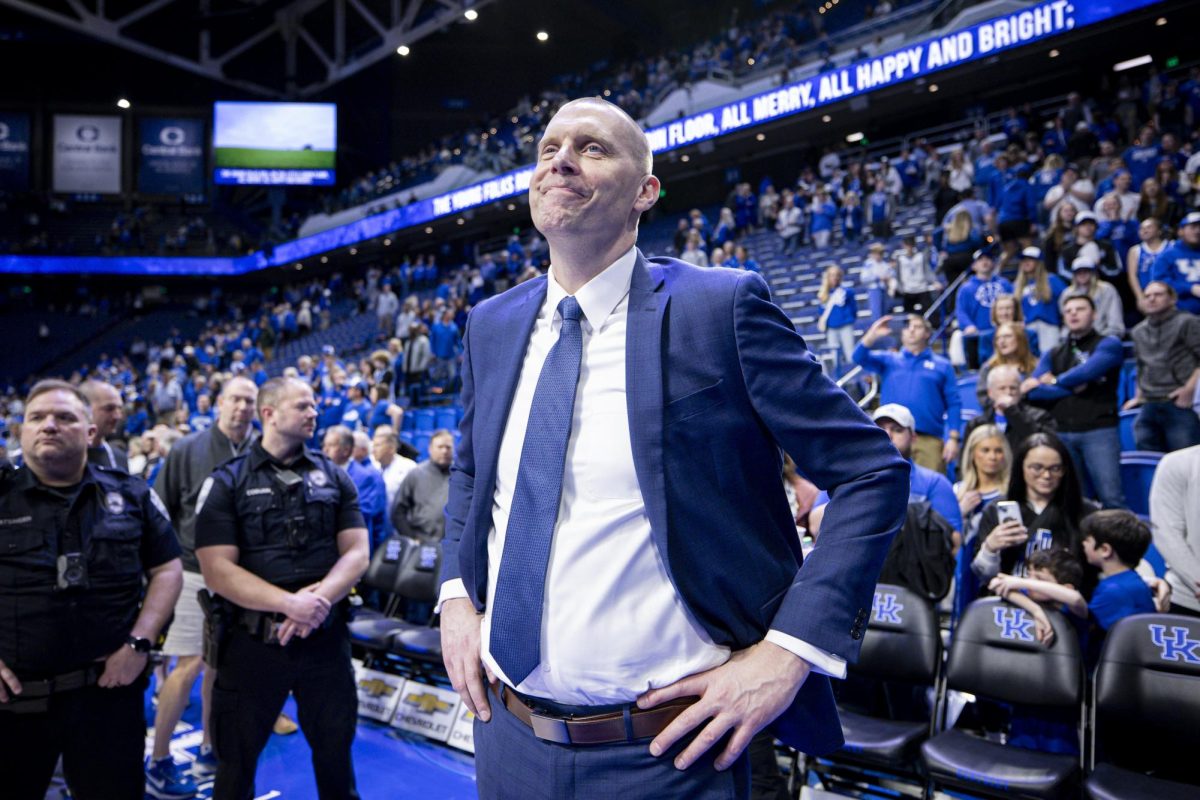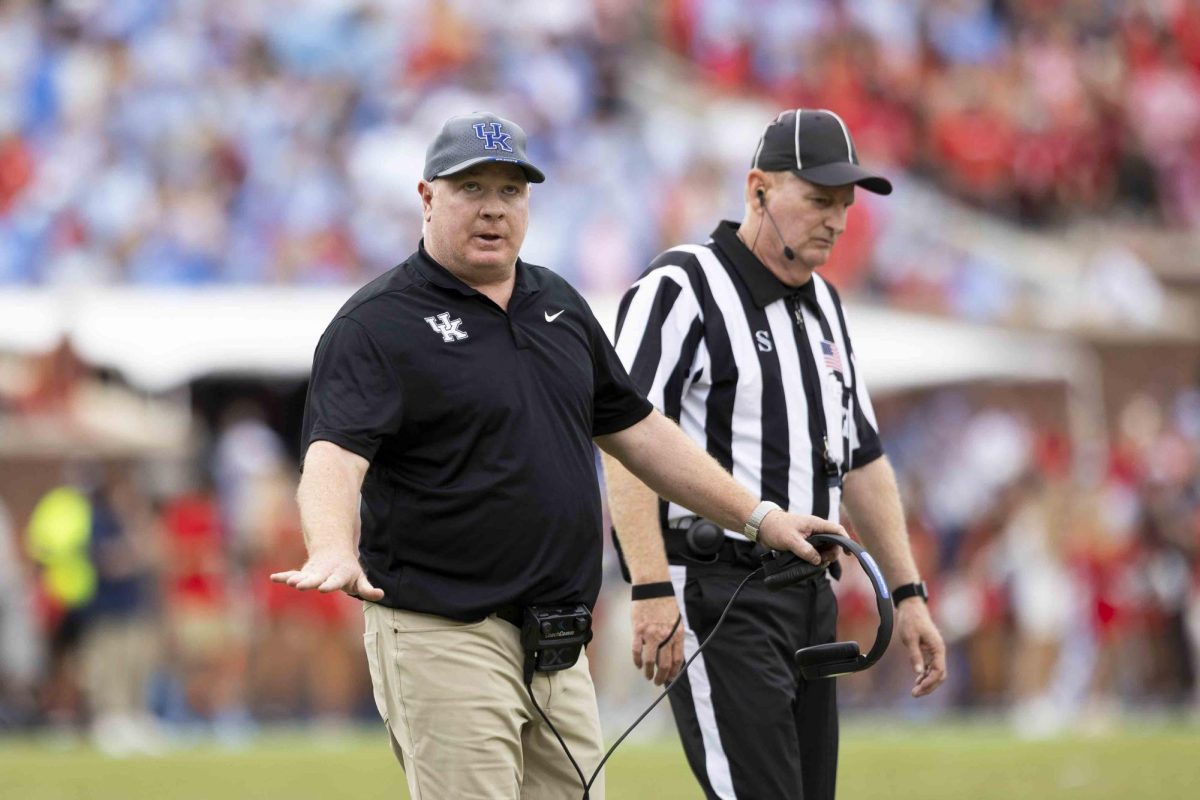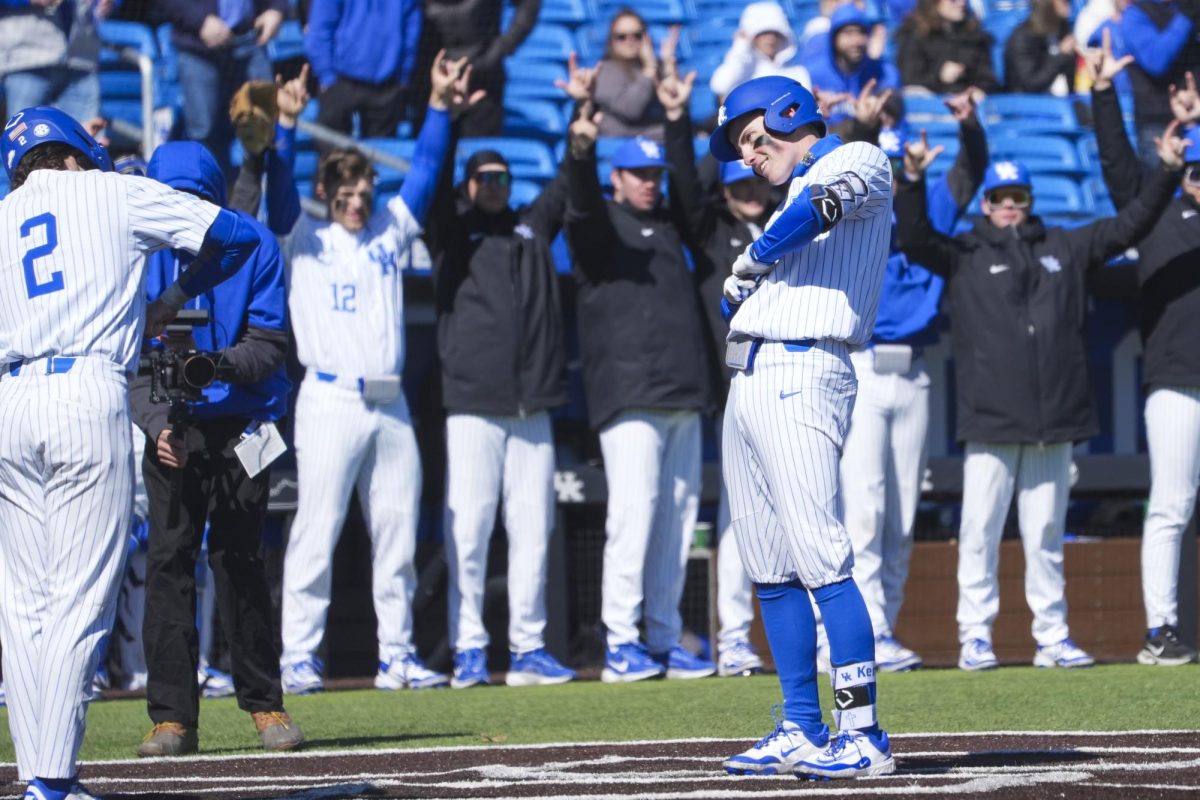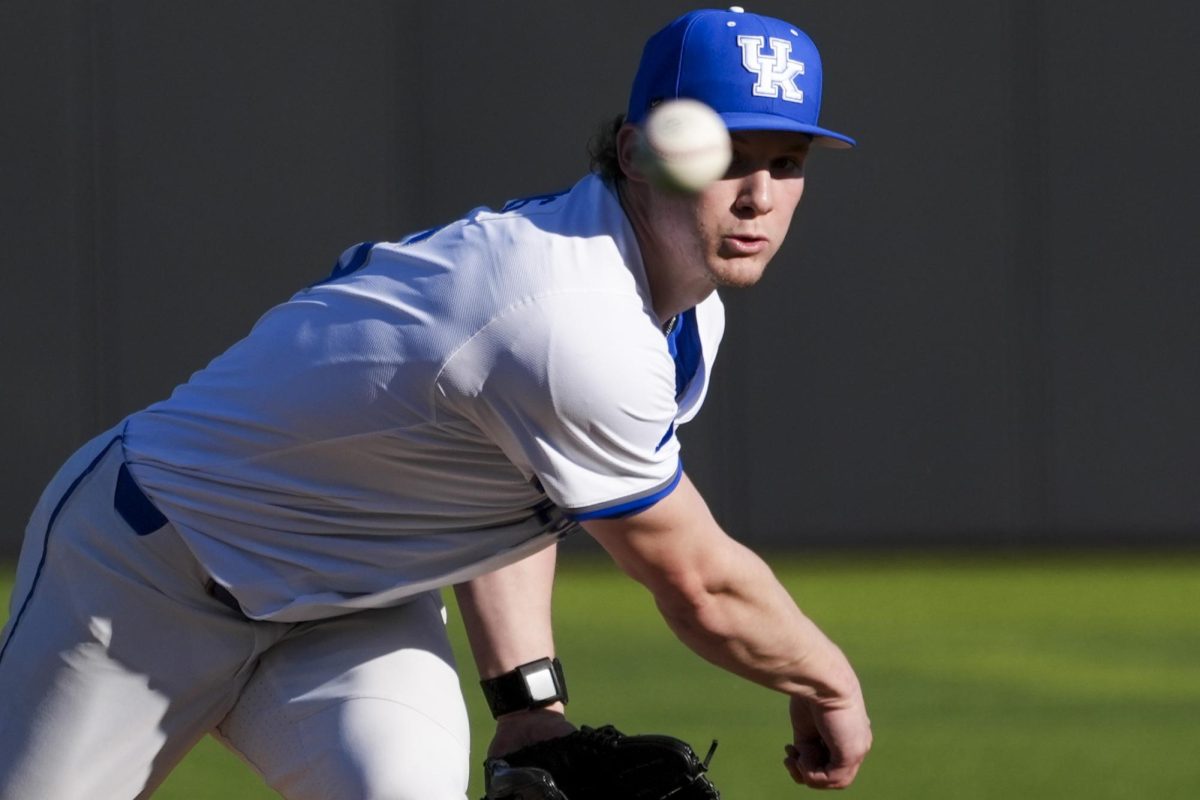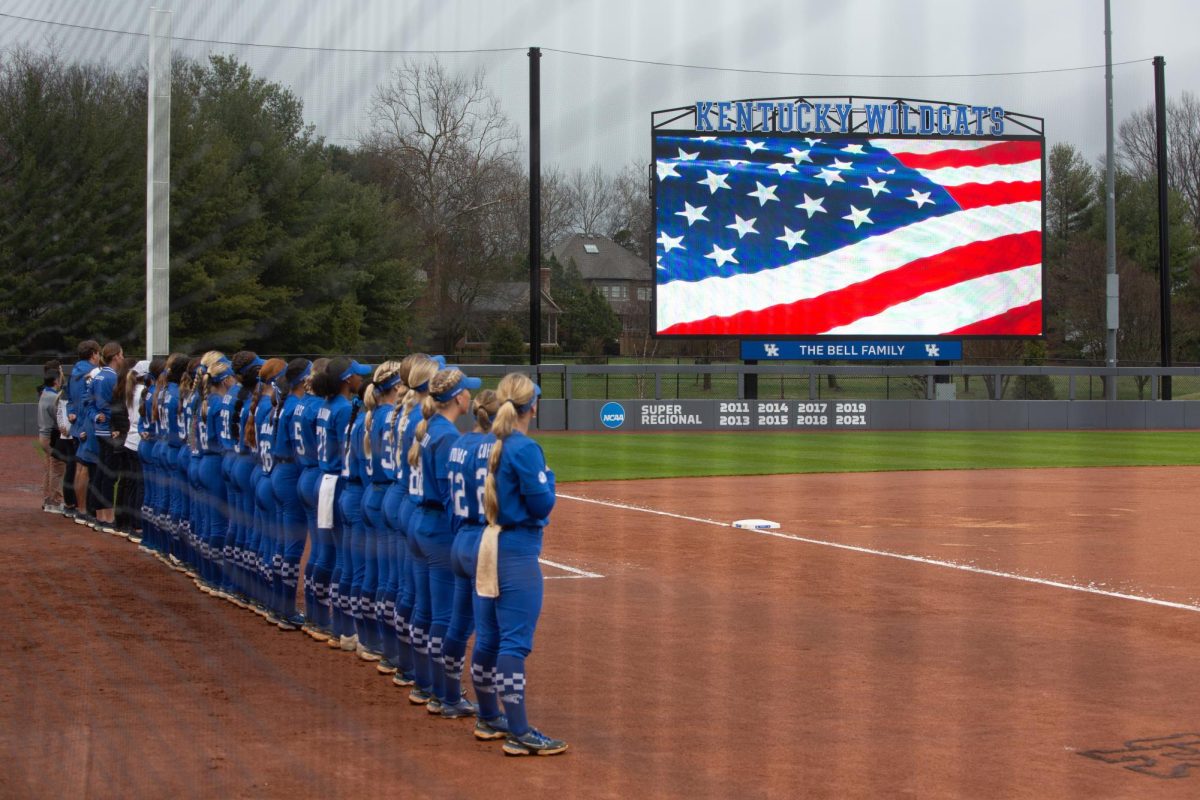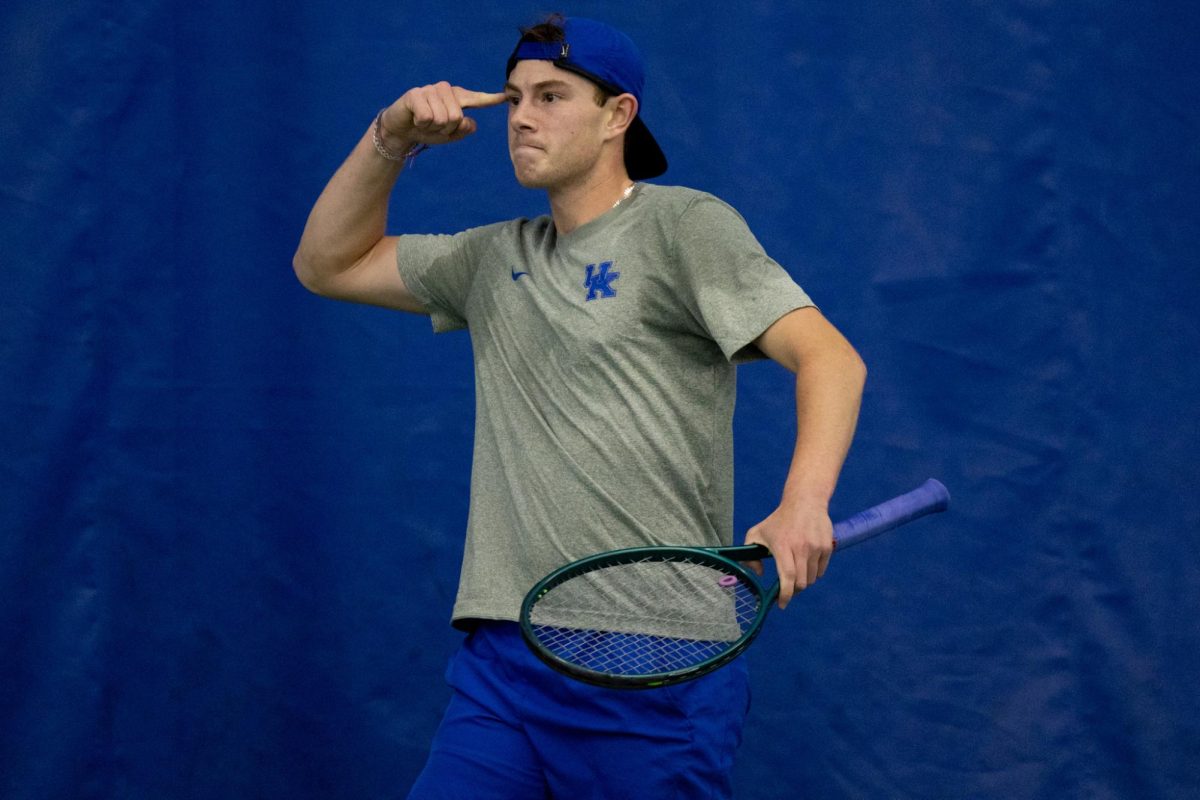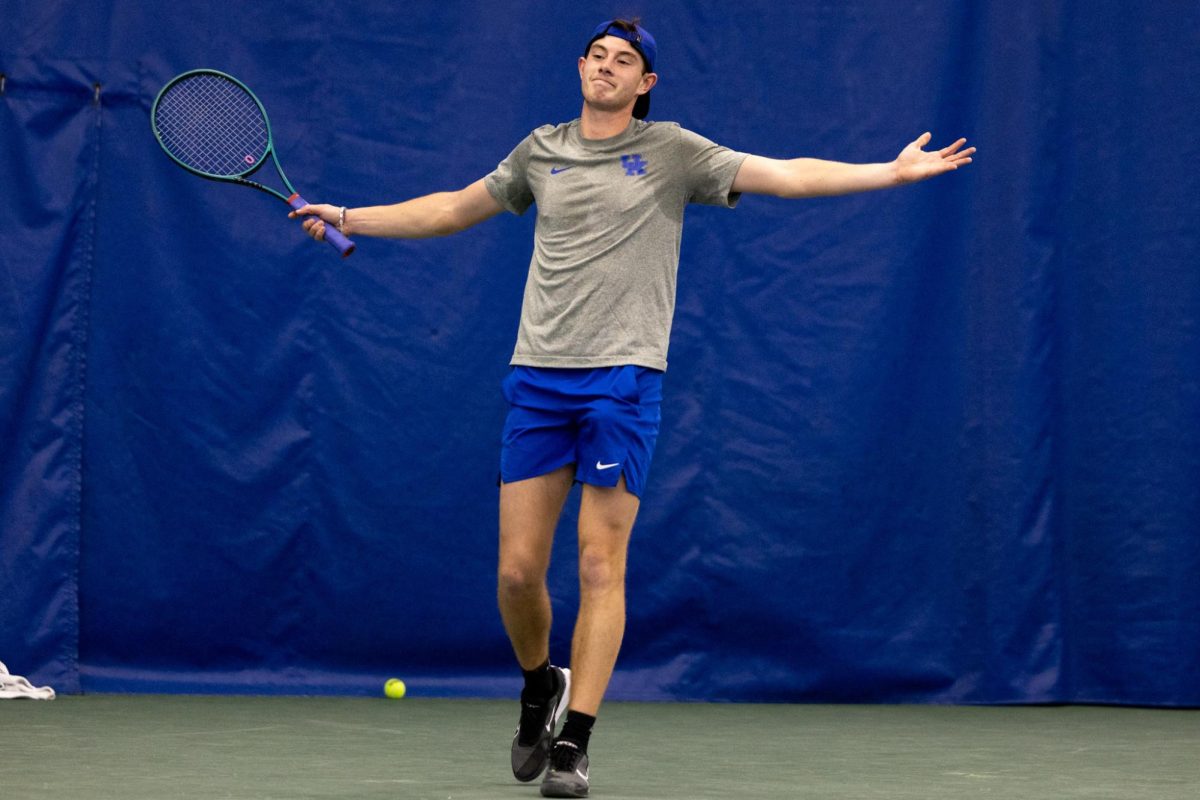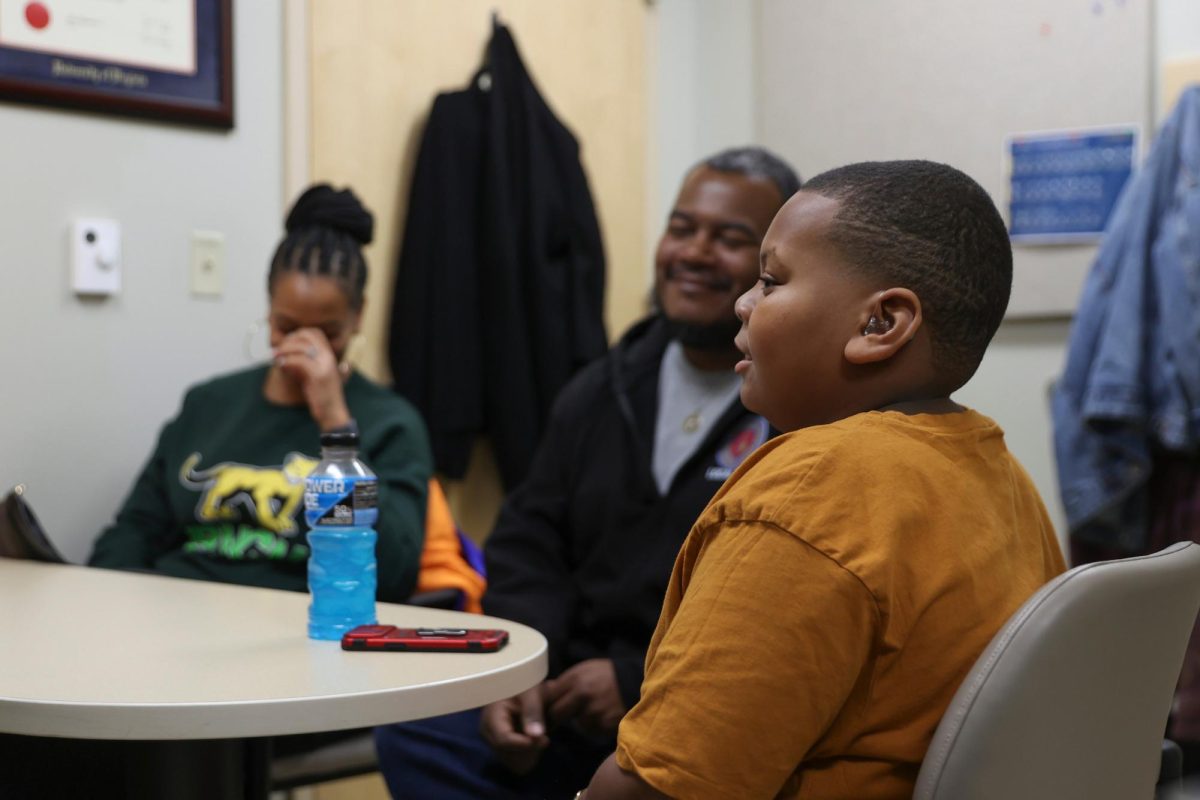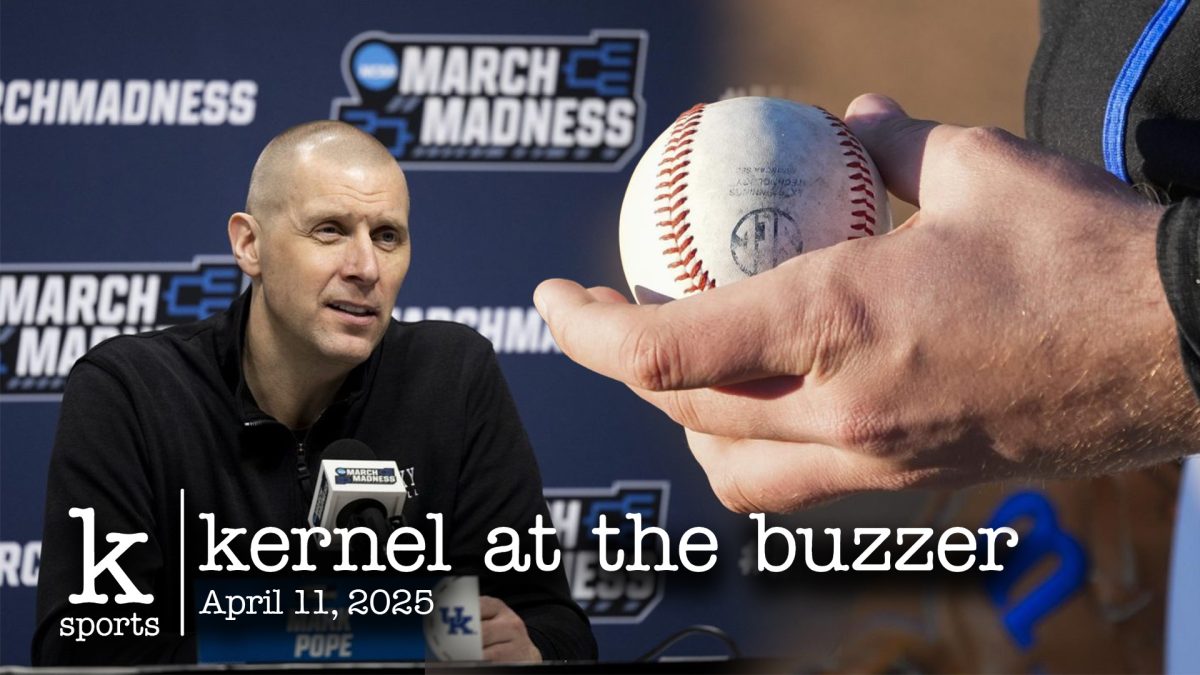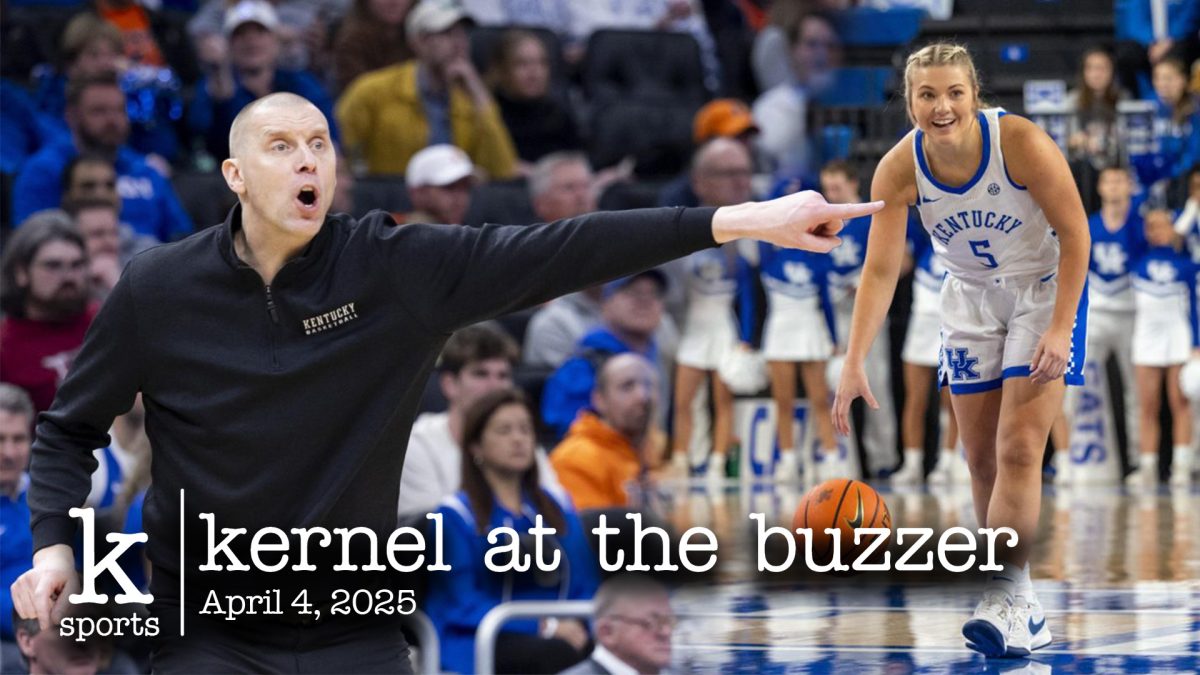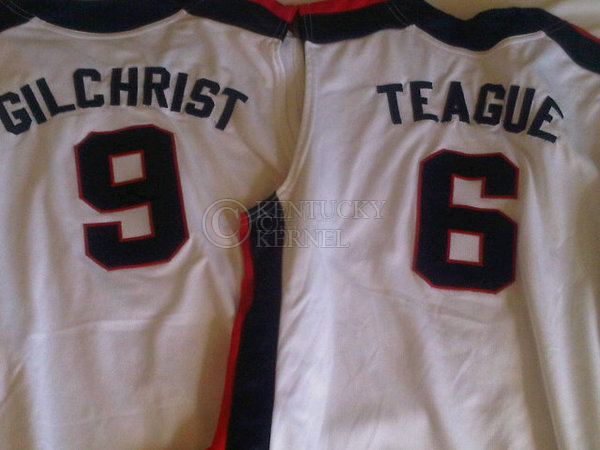Why Germany could help win a title in Lexington
May 24, 2011
The game was played in a country 4,335 miles away from Lexington.* But it could help bring a banner to Rupp Arena.
The game was the U.S. U17 gold-medal game against Poland a summer ago. Marquis Teague, a member of that team, has played in high school championship games and AAU matchups with plenty of importance. But this was the most pressurized game he’s been in so far.
“No doubt,” Teague said. “Every championship game you play in is going to be the most important. Especially playing for the gold medal. That’s for the whole country.”
Teague delivered, scoring eight points and eight assists in a U.S. win over Poland that capped off an eight-game undefeated run to the U17 World Championship title.
“I felt like I had my best games,” Teague said, “when it meant the most.”
As did Michael Gilchrist, who scored 24 points and added 15 rebounds in that gold medal game. Teague’s then-teammate is now his future teammate. They’re both hoping, wanting, pushing to get back into a game that’s even more pressurized than the one in Germany.
“Playing for a gold medal has really helped these kids in tough situations where they had to produce, where every possession is important,” said Don Showalter, head coach of the U17 team. “I think that’s really helped those kids tremendously with being able to produce in big games.”
The international style of games will also benefit the two. Showalter has seen foreign teams train, how they emphasize ball movement and screening and cutting. Playing against that style of offense, with players trained and suited for it, helped their defense.
“Our kids, the defense got better as the games went on,” Showalter said. “We can’t make a mistake because international competition, they pass the ball so well, and they’ll find the open man.”
Additionally, a 24-second shot clock – the length of the NBA shot clock – is the international rule, eliminating the pauses at the top of the key in which offenses spend extended time getting into sets.
“With a 24-second shot clock, you have to be creative and efficient with the ball,” said Roy Rana, who coached Kyle Wiltjer on Team Canada. “Things are happening quickly.”
And doesn’t this sound familiar: just as John Calipari says that every game UK plays is that team’s Super Bowl, every international team was intent on toppling America.
“Everybody gave us their best shot,” Showalter said. “Because they know the gold medal goes through us. It’s kind of like Kentucky.”
But it’s more than just those games that matter in the long run. While Poland’s Tomasz Gielo and Mateusz Ponitka are undoubtedly good players, Jared Sullinger and Harrison Barnes are certainly more name-brand, and probably for a reason.
Let’s take a step back, before we proceed: Winning the gold medal doesn’t mean Teague and Gilchrist conquered the world, and are now ready to conquer the NCAA; it does mean, however, they are more prepared to do that. The pair not only built off-court camaraderie but also on-court chemistry, and both will be beneficial.
“I think it gets them a head start knowing each other, being able to adapt to different situations both on and off the court,” Showalter said.
The U17 games provided benefits in certain facets, but they can also be found elsewhere: getting to know future teammates (AAU and cell phones), playing top competition (All-star games), producing in big moments (elite recruits are invariably stars who carry teams toward high school championships). But the International Summer did carry all these things in excess quantity, plus one more: going abroad as a teenager.
Teague and Gilchrist, and the rest of the team, encountered a feeling of displacement in Germany. It was inevitable; teenagers less than a year removed from being driving-legal were flown across the Atlantic Ocean to play basketball.
A heat wave pushed temperatures in Germany around 100 degrees Fahrenheit. The hotel rooms, only accustomed to typical northern hemisphere weather, had no air conditioning. The food was different – although there were McDonald’s, which the team went to frequently to keep some semblance of normalcy in their lives.
“You take them out of what they’re used to, then you see what those kids are made of in those situations,” Showalter said. “And Teague and Gilchrist came through with flying colors.”


































